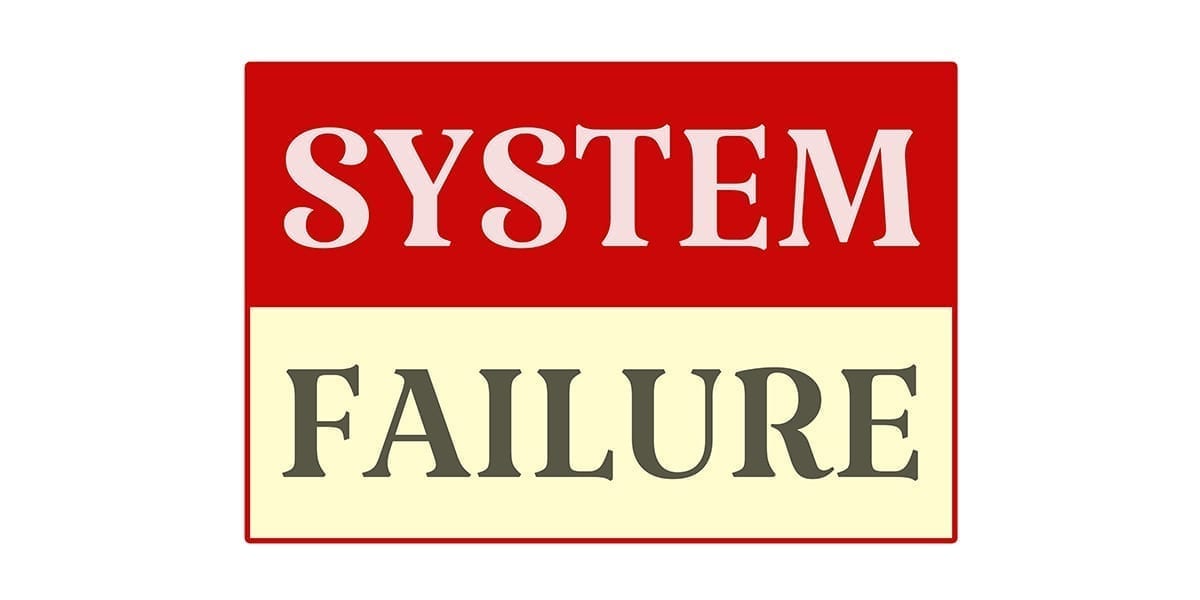U.S. Department of Education Office for Civil Rights FOIA Responses
The Language of IEPs and 504s: The Problem with “Engage”
Teachers will engage with student to ensure student understands and accurately records all assignments in student’s planner.
Now imagine attending an IEP meeting at which this goal is being discussed. You push for more details, but the staff member helming the meeting insists that engage means the following:
“It’s not that they’re waiting for to come to them. They’re going to engage with .”
What could go wrong?
Helpful Information from FCPS Lawyer John Cafferky, which You Won’t Find in VDOE’s “Parents’ Guide to Special Education Dispute Resolution”
In 2008, Virginia Department of Education issued “2008 Parents’ Guide to Special Education Dispute Resolution.” Although a lot’s changed in the past 15 years, the guide “designed to assist parents in understanding Virginia’s dispute resolution systems of mediation, complaints, and due process hearings” has remained the same.
The following is helpful information that I hope VDOE considers should it revise the guide. It comes from advice that long-time Fairfax County Public Schools lawyer John Cafferky provided to FCPS staff. In its 2008 guide, VDOE acknowledged John on a list of individuals who “contributed to the development of this document and/or who served as a reviewer.” Hence, it seems fitting that the following advice be considered for a future edition.
The Language of IEPs and 504s: The Importance of “All” and “Before”
“The IEP will share reading data with parents on a monthly basis.”
After six months of meetings, your internal parent alarm starts going off because the data provided by the school doesn’t match what you’re seeing at home.
You submit a FERPA request for all reading data related to your child.
The FERPA response provides you negative reading data that the school didn’t previous share with you.
You want to complain to the school and/or submit a complaint to the state, but . . .
The school followed the IEP. It did share reading data on a monthly basis. There wasn’t anything in the IEP that stated all data had to be provided.
It’s the Law: Comprehensive Evaluations
In the case of initial evaluations, §300.301(a) of the Individuals with Disabilities Act (IDEA) is your go-to regulation:
Each public agency must conduct a full and individual initial evaluation, in accordance with §§300.304 through 300.306, before the initial provision of special education and related services to a child with a disability under this part.
Culture of Cover-Up Continues in FCPS; Superintendent Admits Systemic Problem, Staff Testify Otherwise to VDOE
Within two hours of Superintendent Michelle Reid taking the extraordinary step of breaking with FCPS’ tradition of covering up noncompliance, her staff continued along the old, traditional path.
Breaking with FCPS Tradition, Superintendent Michelle Reid Chooses Systemic Change Instead of Staying the Course
1. Admitted FCPS is at fault for systemic FERPA noncompliance (maintenance of, access to, and security of student educational records) and is owning the systemic noncompliance;
2. Hired an independent law firm to do an investigation, committed to sharing the findings of the investigation, saw that the investigation was completed in what to my knowledge is record time for FCPS; and today shared a summary of the findings;
3. Committed to fully addressing the noncompliance and implementing the changes recommended as a part of the investigation findings;
The Problems with Quarterly IEP Measurements
I’ve never understood why Individualized Education Programs (IEP) include goals for quarterly measurements. As a parent, if my kids failed to do their chores for a week, I wouldn’t wait until the end of the quarter to assess the situation. Why wait an entire quarter to address a problem that’s clearly getting worse? Why not assess sooner and narrow the goal until it can be expanded in full—or expand the goal if the student achieves the goal sooner than expected?
UPDATED 12.13.23—Pro Tip: Don’t Believe Everything Fairfax County Public Schools Tells You
The one thing that can be said about Fairfax County Public Schools (FCPS) is that it is consistent. When it engages in noncompliance, rather than engaging in immediate transparency and honesty, it crafts messages that lead the public to believe someone else is at fault.
Why am I mentioning this?
Turns out FCPS left out some key information, such as that I have never and will never publish private information about kids—but I will publish information showing FCPS retaliates, is in noncompliance, and intentionally pushes inappropriate programs onto kids.
Accommodation Breakdown: Extended Time
It’s one of the most popular articles on the site, but I still continue to learn different ways this accommodation has played out with others. If you have your own input, please provide it in the comments below and/or email me and I’ll look at adding it to the article.
It includes a few different options I wish I’d included previously, as well as a few more pits you’ll want to make sure you avoid.
How to File a Privacy Violation Complaint
Can you file a complaint? If yes, how? Parents and/or students who believe a student’s privacy has been violated under the Family Educational Rights and Privacy Act (FERPA), have a right to file a complaint. FERPA applies to all students. However, students who have IEPs have additional protection under Individuals with Disabilities Education Act (IDEA). Let’s explore both below.
VDOE and FCPS Failing Streak: Seven Years of Failing to Prevent Inadvertent Disclosure
For at least five years, FCPS, FCSB, and Virginia Department of Education (VDOE) have failed to stop the inadvertent disclosures, even though VDOE and/or U.S. Department of Education’s (USDOE) Student Privacy Police Office (SPPO) have repeatedly found FCPS at fault for failure to take sufficient precautions to prevent inadvertent disclosure. Not even losing a lawsuit in 2021, during which Fairfax County Circuit Court Judge Richard E. Gardiner pointed out FCSB’s failures, stopped FCPS and FCSB from future failures to take sufficient precautions to prevent inadvertent disclosure.
The irony is, while FCPS and FCSB have spent years failing to prevent inadvertent disclosures, FCPS school officials have spent years intentionally engaging in bad faith activities designed to prevent disclosure of other records from being responsive to FERPA and FOIA requests.











